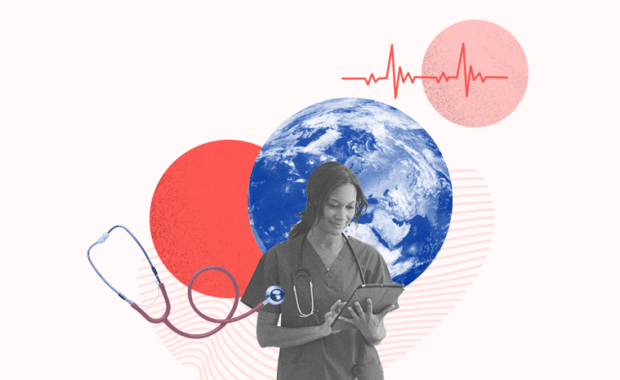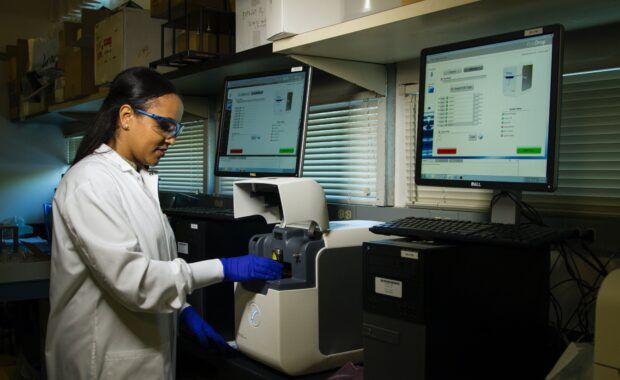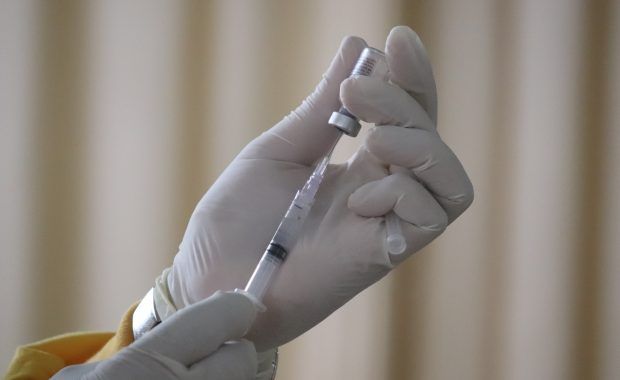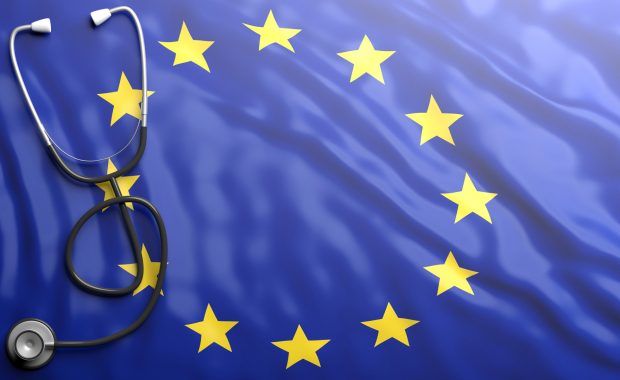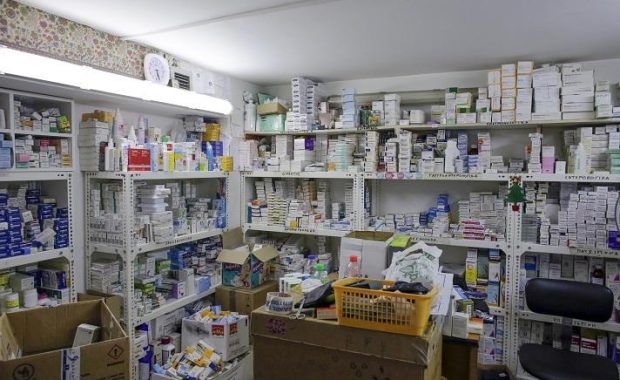Last December 4, the Commission is presenting a new EU Drugs Strategy and an Action Plan against drug trafficking, as well as updated rules for monitoring and controlling drug precursors. Announced by President von der Leyen in the political guidelines and a key deliverable under the European Internal Security Strategy, ProtectEU, they set out a comprehensive EU response to the security, health, social […]
Read MoreCritical medicines act: Council agrees its position on new rules to tackle shortages
The Council has agreed its position on a new regulation that seeks to strengthen the EU’s resilience in the face of ongoing challenges to security of supply of critical medicines in Europe. The critical medicines act (CMA) aims to tackle shortages in key medicines such as antibiotics, insulin and painkillers by improving security of supply and availability in the […]
Read MoreEU launches plan to strengthen preparedness for cross-border health crises
Last November 28, the European Union is boosting its health preparedness architecture through the new Union prevention, preparedness and response plan for health crises. It will provide policymakers, crisis managers, and stakeholders with practical tools, such as exchanging information, expertise and technical assistance when a crisis occurs, for coordinated action in times of health crises […]
Read MoreAdvances in the use of artificial intelligence for colorectal cancer screening
The European Microb-AI-ome project is collaborating with Ireland’s National Colorectal Cancer Screening Programme and its technology partner Viatel to improve artificial intelligence-assisted detection of colorectal cancer. Ireland’s National Colorectal Cancer Screening Programme (BowelScreen) is participating in the EU-funded Microb-AI-ome project, which is investigating how artificial intelligence (AI)-assisted analysis of gut microbiome data could improve colorectal […]
Read MoreNew criteria for greener and healthier public canteen menus
The JRC has published a new report on how to achieve healthy and sustainable meals in public institutions, from schools to public workplaces and hospitals. More sustainable choices for public food A new JRC report outlines sustainable criteria for public food procurement: how schools, hospitals, or public institutions buy, source and manage food and drinks. The […]
Read MoreCommission carries out unannounced antitrust inspections in the vaccines sector
The European Commission is carrying out unannounced inspections at the premises of a company active in the vaccines sector. The Commission has concerns that the inspected company may have violated EU antitrust rules that prohibit abuses of a dominant market position (Article 102 of the Treaty on the Functioning of the European Union). In particular, the […]
Read MoreNew AI model predicts our health years ahead of time
Artificial intelligence (AI) is revolutionising medicine by helping doctors diagnose patients with increasing accuracy. Our medical history provides valuable information about potential health problems. But what if artificial intelligence could reliably predict our next diagnosis, a complication or even the time of death? A team of researchers from the European Molecular Biology Laboratory (EMBL), the […]
Read MoreCommission approves up to €403 million in State aid for major EU healthcare project
The European Commission has approved, under EU State aid rules, the second health-related Important Project of Common European Interest (‘IPCEI’) to support innovations in medical devices. This includes the introduction of novel digital and artificial intelligence (‘AI’) features in medical devices. The IPCEI will support collaborative research and innovation, as well as the first industrial […]
Read MoreEU strengthens crisis readiness and health security
The European Commission launched last July 9 two initiatives under its Preparedness Union agenda: an EU Stockpiling Strategy and a Medical Countermeasures Strategy. Both are designed to improve access to essential goods for European citizens and societies, businesses and economies – ensuring continuity of essential goods and lifesaving medical supplies at all times, in particular during crises such as […]
Read More


